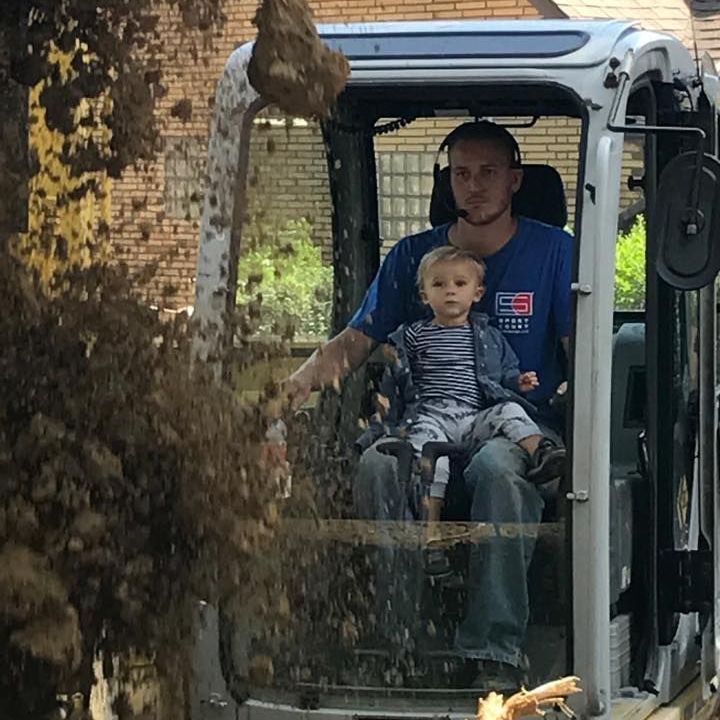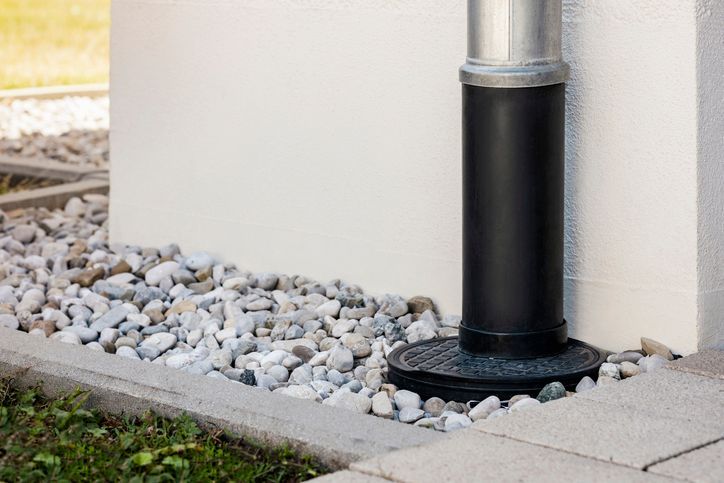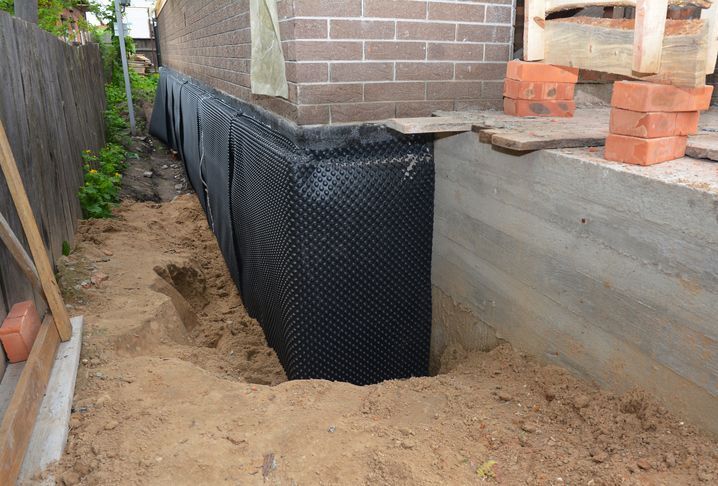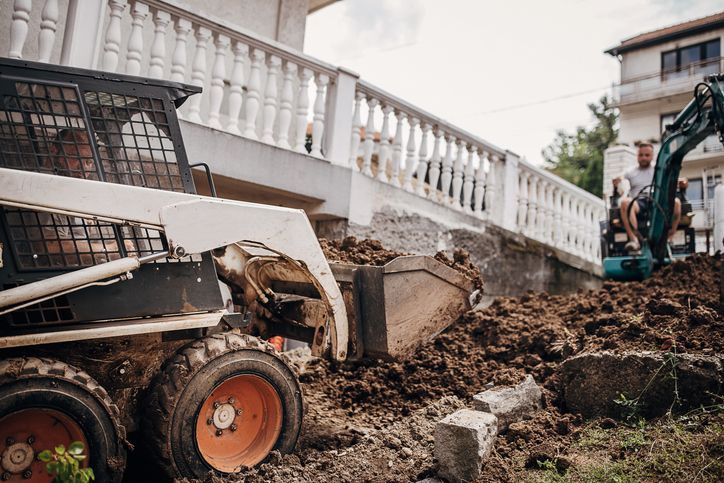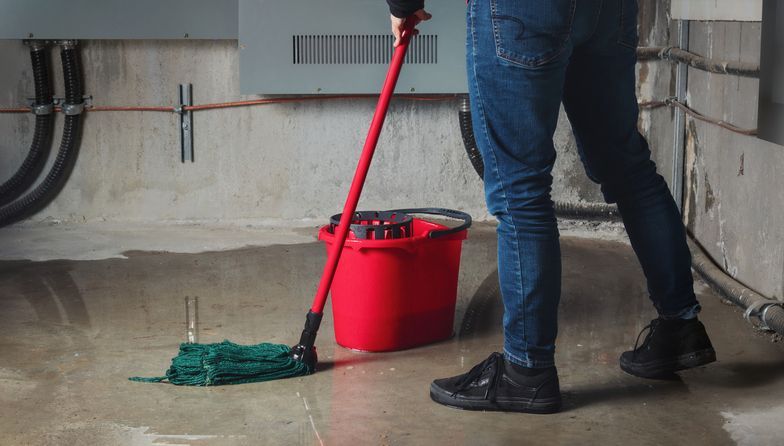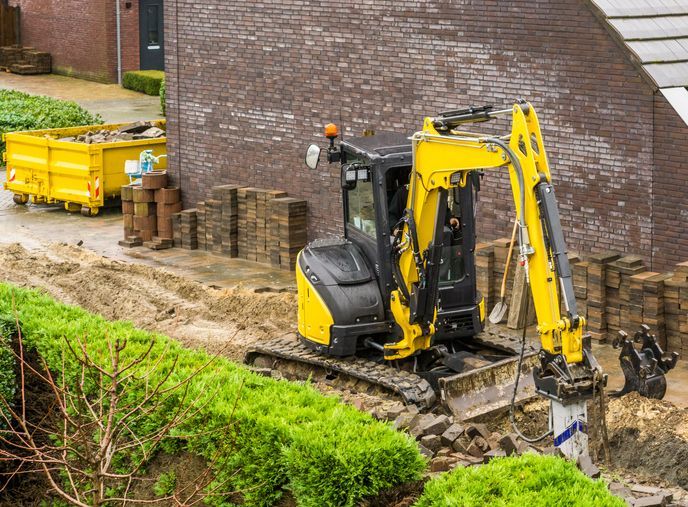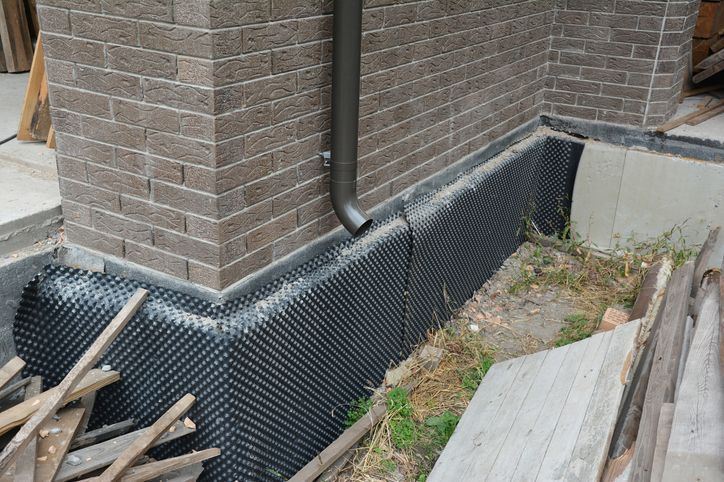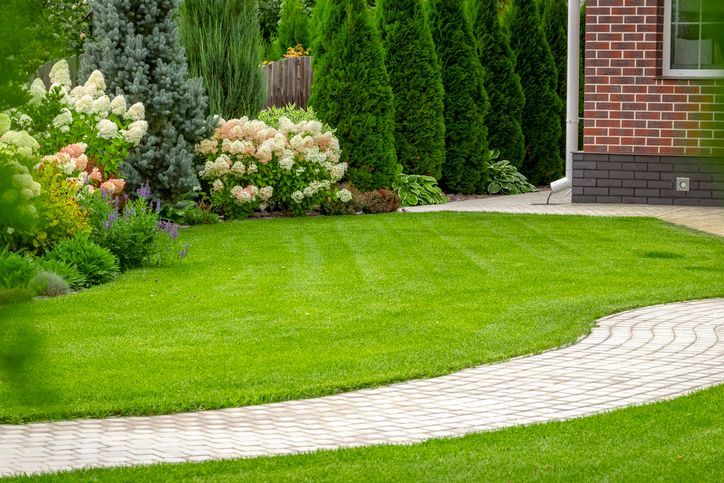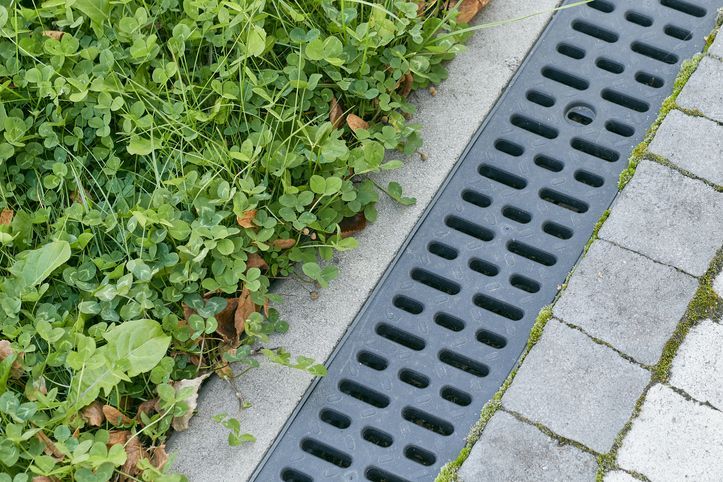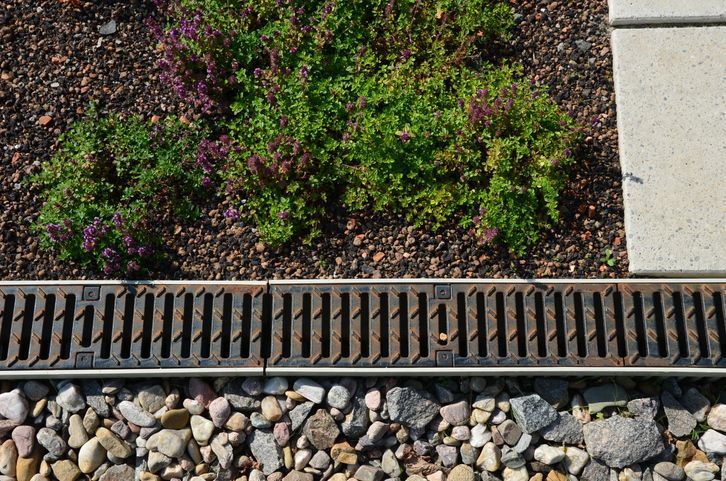French Drains 101: What You Need to Know!
A French drain consists of a perforated or slotted pipe that is encased in a layer of rock or gravel and buried beneath the soil. This type of drain is used to help direct groundwater or surface water away from a specific area, such as your home’s foundation. It works by directing the surface level water toward the lowest point, allowing it to seep through the surface level of gravel and into the drain.
The perforated pipe runs at the base of the drain and collects the water, directing it away from the home. Typical surface drains only collect water in one particular spot whereas a French drain collects water along the entire length of the drain. French drains are common in Pittsburgh and can help homeowners avoid flooding in their yards, basements, and around their patios.
How do French Drains Work?
When trying to understand how a French drain works, it is important to remember that water always seeks out the lowest point along the path of least resistance, moving easily into the empty pockets in the loose soil. French drains provide an easy path for water to follow by creating a sunken channel that encourages the water to permeate out of the surrounding soil and into the smooth course the French drain has created.
French drains must leverage gravity or the area’s natural slope to force the water down out of the saturated soil and along the sloped pipe to the desired drainage area.
Where do I Need to Install a French Drain?
The best way to determine where you need a French drain installed is to check to see where the water pools and sits for hours or days after it rains. The most common damage homeowners face includes
- Backyard flooding. If heavy rains have caused water to pool in your yard, a French drain can alleviate the drainage problem. By installing a French drain in this area, the drain can collect the excess water and direct it to the desired drainage point, giving you a functional yard rather than a flooded one.
- Damaged outdoor patio. Excess water can pool around your outdoor patio damaging the pavers and providing a breeding ground for mosquitos. A French drain can collect the water before it reaches the patio, keeping it safe from damage while also eliminating the mosquito breeding grounds.
- Damaged foundation. If you notice a musty smell or a wet floor in your basement, it means water is seeping in through the foundation of your home. Installing a French drain will keep the water from ever reaching your home’s foundation protecting your basement from flooding and your foundation from further damage.
What to Consider Before Installing a French Drain
How Long Should a French Drain Be?
Before installing a French drain, there are a variety of factors you need to consider. It is essential to consider the slope of the drain to ensure the downhill course is sloped enough to keep the water running along to the desired drainage point. Keep in mind that a French drain should generally drop at least one percent in depth for every 100 feet of length.
Other significant factors to consider include:
- Aggregate. You can use gravel in a variety of sizes, from pea gravel to large pieces of river rock. If you plan to use gravel in varying sizes, the smallest pieces should go closest to the pipe with the larger pieces should sit closer to and on the surface.
- Depth. The average French drain should be about eight inches to two feet deep. Systems built around foundations, retaining walls, and sub-ground living spaces may need to be deeper.
- Pipe length. This factor depends on specific elements of the project. Generally, the pipe should be long enough to carry the water from the underground areas to the endpoint
- Flow. Be sure the aggregate placement and surrounding fabric are put in place correctly to prevent debris from clogging the pipe.
- Cost. When planning, make sure you consider the cost of french drain installation. There’s are several options for financing home repairs that can allow you to install a french drain without going outside your budget.
